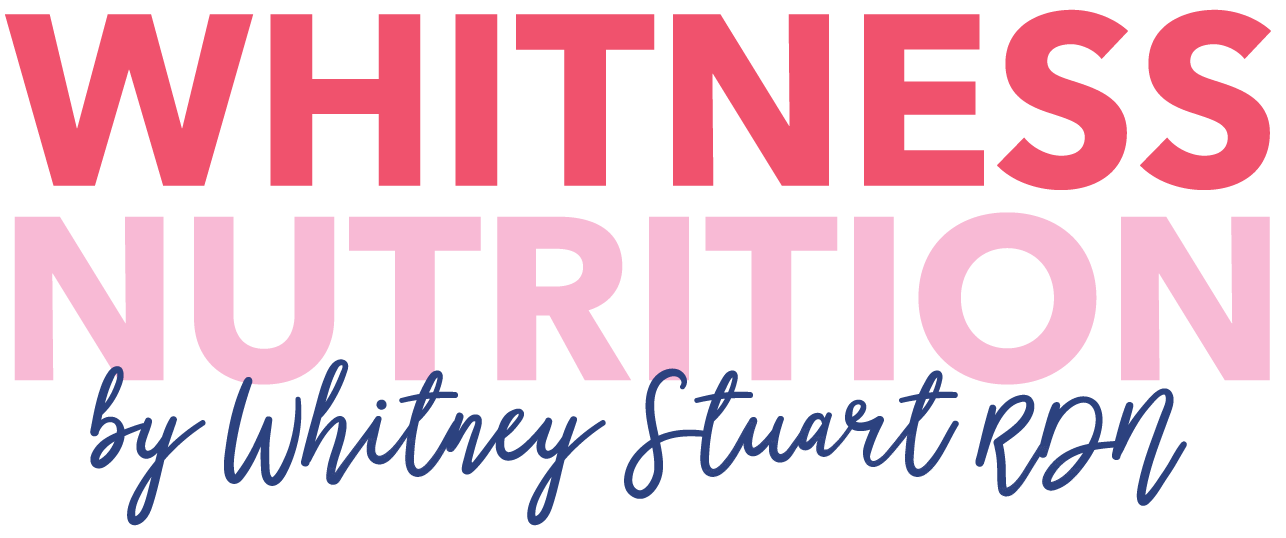Three benefits of keeping a food diary
a guest blog written by Mckenzie Berkeley
Have you ever considered using a food diary? In our world of convenience culture, it can be easy to choose the fastest option for sustenance over the most nutritious one. With drive-thrus popping up all over the world combined with a variety of food delivery services, such convenience can be hard to resist – and you don’t need a degree in medicine to know that these are not always healthy choices.
Three benefits of keeping a food diary
Choices made out of impulse can make it difficult to keep track of what we’re consuming, and many of us overlook the role that food plays in maintaining good mental and physical health. While it can be difficult to remember what you ate for dinner each day of the week, taking a few minutes to enter your meals into a food diary can take a lot of the guesswork out of analyzing your diet.
In this article, we look at some of the benefits to be had from keeping a food diary, including how it can help you on your journey to a healthier lifestyle.
 Accountability
Accountability
When you’re compelled to write down everything you eat, you naturally become more aware of your eating habits. You might question whether or not you need to reach for that extra snack, knowing you’ll be held accountable in your food diary. This can help to cut down on mindless snacking, making you more conscious of the food you ingest.
What’s more, you can easily look back over your meals from the past few days and assess whether or not you’re happy with your eating habits. If you’re someone who has a pattern of skipping meals and binge eating in the evening, this is something that a food diary would bring attention to.
Symptom tracking
Anyone who has experienced bloating, indigestion or other uncomfortable digestive symptoms will know how difficult it can be to think back to what the underlying cause could be. By keeping a food diary, you can easily look back over what you’ve eaten in the past 24 hours and look for anything unusual that could have triggered the symptoms.
Plus, you can keep a note of when you feel these symptoms next to the corresponding meal, which may indicate a pattern. For example, you might notice that you often experience digestive troubles after eating a gluten-rich meal, indicating a potential allergy or intolerance.
Identifying areas of improvement
In addition to holding yourself accountable for unhealthy eating habits, a food diary can also make you think about the kinds of foods that you ingest. Are you making sure to eat enough foods that are rich in vitamins and minerals, such as leafy greens and lean protein? Many of us may think that we eat a fairly healthy diet, but reviewing a typical week in a food diary can sometimes indicate otherwise. This knowledge can empower you to make positive changes, and ensure that you add in a few more colorful elements to your meals.
Food diary; a tool for a healthier lifestyle
Keeping a food diary has many different benefits aside from its typical use of symptom tracking. Even if you’re not experiencing any digestive difficulties, the accountability and awareness that comes from tracking your food intake can help to get you one step closer to a healthier lifestyle.
Ready to have more support, increase your health confidence and work with a nutrition expert? Book a discovery call to join my practice, today!





